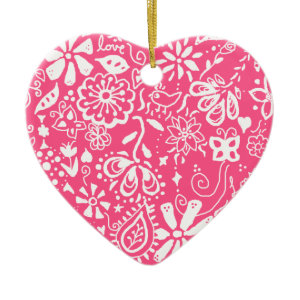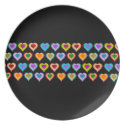Today, whilst making an observation about the imaginative talents of youtuber John Green for his creatively named computer-game football team, the Swindon Town Swoodilypoopers, my companion laughingly said “Eat your heart out Dr Seuss!”. Mid-laugh I suddenly realised what he’d just said: Eat your HEART out? Why on Earth would you wish that upon anyone?! Curiosity peaked; I began looking into this strange phrase:
Eat your heart out definition
When you are “eating your heart out”, it implies that your heart is being “eaten up” and disintegrated by some painful emotion, usually jealousy or grief.
So when my friend said: “Eat your heart out Dr Seuss” he was light-heartedly implying that Dr Seuss, master of imagination and creativity, should experience feelings of jealousy which would then go on to eat up his heart, upon seeing the creative talents of John Green.
Eat your heart out origin
Where does this hearts-being-eaten-up-from-negative-emotion imagery come from?
There seem to be a myriad of varying answers for the exact origin of the phrase “eat your heart out”, but the earliest reference dates all the way back to 850 BC in Ancient Greece, where it has been found in Homer’s classical text: The Iliad. This seems to suggest that this phrase which we still commonly use today was also uttered by our Ancient Greek ancestors thousands of years ago, and it’s possible that it originates from Greek Mythology.
The Greek myth which may have given rise to the phrase is the story of Bellerophon, who is described to be “eating his heart out” in grief when the gods Ares and Artemis kill his children.
Since the days of The Iliad, the idea that grief eats at the heart expanded to include a range of other negative emotions, the most common of all being jealousy.
Why did Homer describe Bellerophon as eating his heart out? It’s likely to be because the heart has long been linked with strong emotions. Since the days of the Vedic scriptures and Ancient Chinese texts which pre-date Ancient Greece, the heart has been connected to emotional well-being. There are several hypothesized reasons for this:
- We feel the heart beat faster when we experience intense emotions: Various strong emotions like jealousy, shock, grief, fear and even love release hormones like adrenaline, and these can make our heart race. Before anything was known about stress hormones, all people knew was that strong emotions were linked to racing hearts, so it’s easy to understand how they might have thought that the heart was responsible in some way for emotions.
- The heart is known to be crucial to our survival, and when we feel intense grief, as Bellerophon must have felt upon losing his children, it can make people feel as if they no longer want to live. The grief-linked feeling which can sometimes take away the desire to live is linked to the idea of grief eating up the heart.
- Spiritually channelled information: For the more spiritually inclined, there is a theory that the idea of the heart being connected to the emotions was received via spiritual channelling by our ancient ancestors.
Whatever the origin, I for one am going to refrain from wishing it upon anyone to eat their heart out!









Some genuinely great articles on this web site , thanks for contribution.